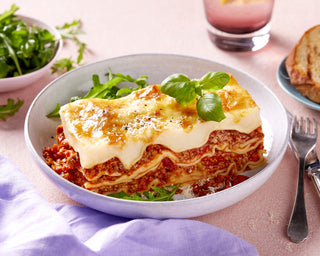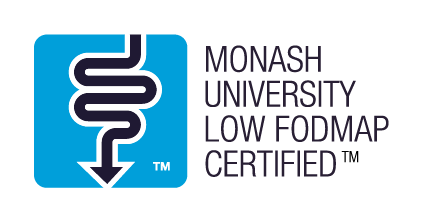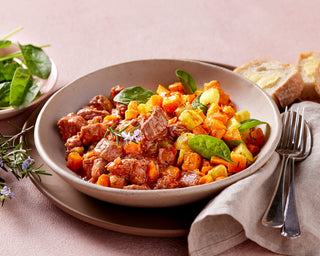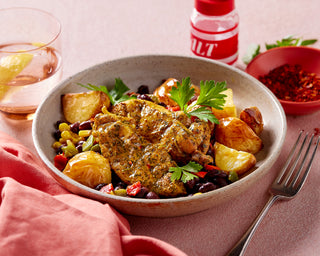If any of you read the weekend A plus section of the Australian last weekend, you may have seen the article ‘The six foods I never stock at home’ written by the Paleo warrior and renowned chef, Pete Evans. As you would expect from any true Paleo disciple, dairy products are a no no. But it appears Pete is not necessarily encouraging everyone to go Paleo, according to his article, he is just anti dairy for the following reasons – “most people don’t retain the ability to digest milk after infancy and most dairy is not at all critical for good health”. He goes on to say that “drinking milk and eating lots of dairy are not the answers to reversing or preventing osteoporosis: In fact processed dairy foods such as low fat ultra -pasteurised milk, most cheeses and low fat flavoured yoghurts high in sugar are almost completely devoid of nutrients and should be avoided”. Pete’s views on dairy are quite commonly held even though there is good evidence to counter his opinions. Let’s have a glance at the inability to digest milk after infancy.
Lactose Intolerance
While it is true that lactose, the natural sugar in milk, can be difficult for some to digest because they lack the enzyme lactase, being intolerant to lactose is largely genetically determined and it is not as widespread as some people believe. In Australia, only around 5% of Caucasians appear to be lactose intolerant, compared with non-Caucasians where the figure is around 75%. Most people from Asia have a high incidence of lactose intolerance but this doesn’t mean they can’t consume any dairy. Most people with lactose intolerance still produce some lactase and can consume small amounts of milk without any discomfort and are generally able to tolerate cheese (most of which is lactose free) and yoghurt which has less lactose due to the fermentation process. There are also lactose-free milks available today.Dairy Good
Dairy foods such as milk, cheese and yoghurt do contain a myriad of nutrients such as protein (casein and whey) and 8 vitamins and minerals. It’s hard to agree that most cheeses are devoid of nutrients when most cheeses contain the following nutrients:|
Vitamin A |
Essential for healthy eye sight Important for growth (particularly in children) |
|
Vitamin B12 |
Helps to keep blood healthy Assists in the formation of nerve cells |
|
Riboflavin |
Helps release energy from food Helps cells to function properly |
|
Calcium |
Essential for strong bones and teeth along with Vitamin D and weight bearing exercise Needed for normal muscle and nerve functioning, and may assist in controlling blood pressure |
|
Potassium |
Assists with blood pressure control Important for nerve impulse transmission |
|
Magnesium |
Important component in bone structure Essential for energy transfer around the body |
|
Zinc |
Aids wound healing Essential for normal growth and development in bones, the brain and many other parts of the body |
|
Phosphorus |
Forms an important part of the mineral structure in bones |









